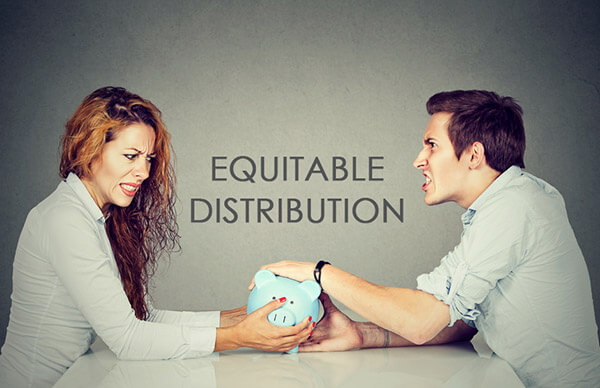
Most of the countries in the world have adopted the community regime. This means that all property acquired by each of the spouses will remain his or her personal property. On the other hand, assets acquired after the marriage is considered common and will be distributed to both spouses after consideration of its value and each spouse’s contribution to its acquisition for some assets. This is true of most European countries, and some states like California.
Florida on the other hand distributes assets according to the principle of equitable distribution. This rule distinguishes between three types of assets: those of each spouse acquired prior to marriage, by each spouse during the marriage, and by the couple during the marriage. For assets acquired before marriage, it’s simple; Each spouse keeps what belonged to him or her before marriage.
How are common assets and separate assets acquired during the marriage distinguished? What about assets acquired by inheritance? Income? Joint bank accounts receiving income from both parties? Retirement plans?
These are a few of the many questions that need to be answered before initiating a divorce procedure. The help of a specialized and experienced lawyer will allow you to fully understand the material and financial consequences of your divorce. Your attorney will also be best able to defend your interests in the event of a dispute over the nature of an asset.
Contemplating divorce? Contact Boyer Law Firm, P.L. for an assessment of your legal options.





